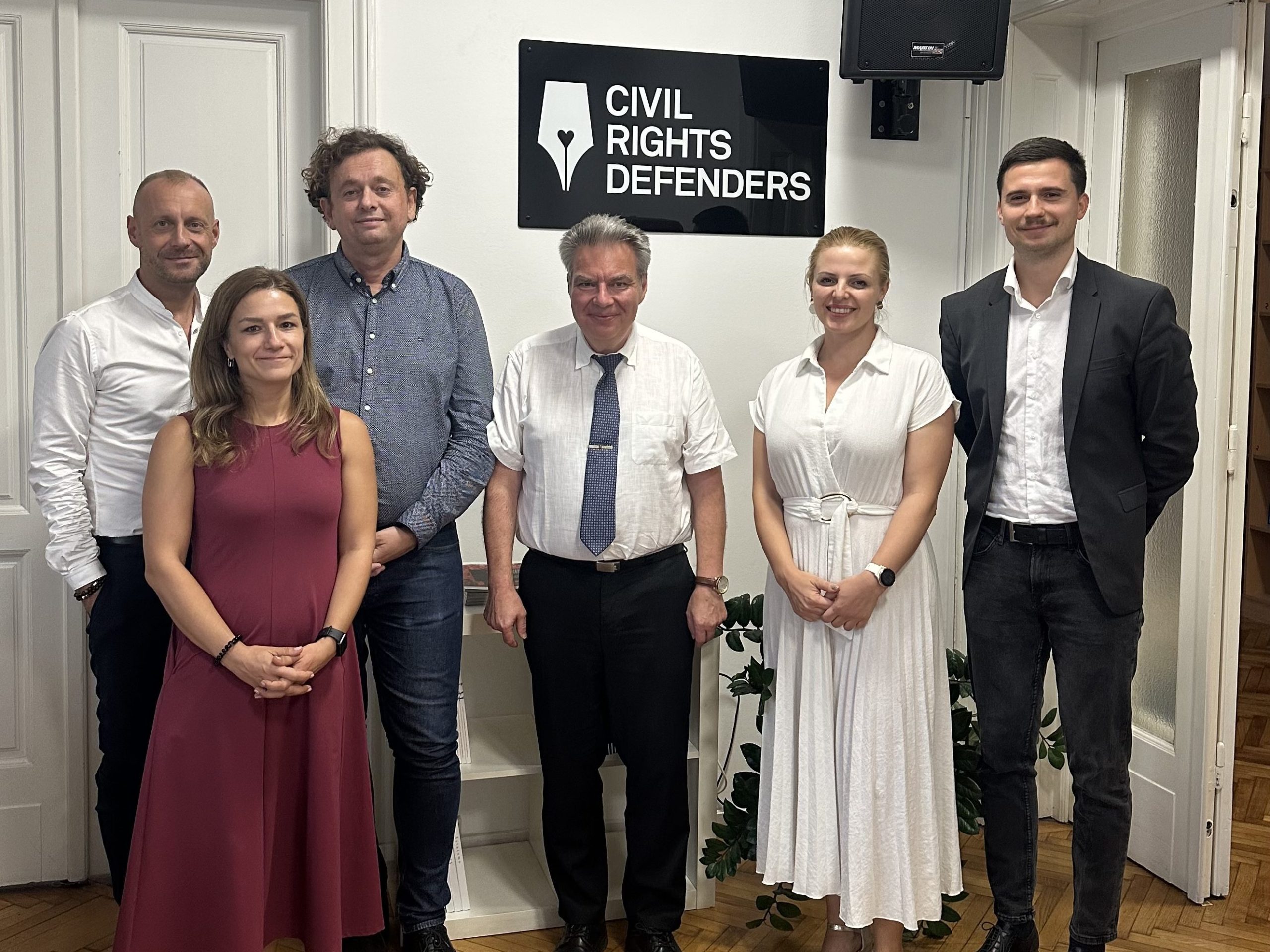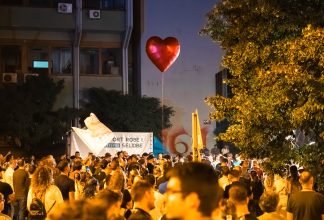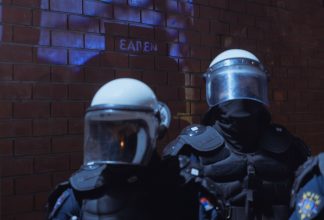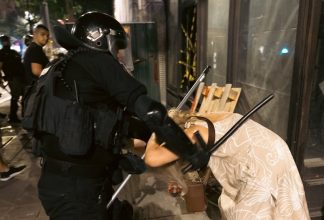Council of Europe visit highlights crumbling Serbian democracy

From 9 to 11 September, a delegation of the Conference of International NGOs (CINGO) of the Council of Europe visited Serbia, to assess the space Serbian civil society has left to meaningfully participate in society. The visit came as Serbian democracy is at a crossroads – and highlighted stark differences in engagement between civic actors and public institutions.
Civil Rights Defenders facilitated the visit, during which the Council of Europe explored the political, legal, and institutional climate for organisations that defend human rights and democracy. Unfortunately, the visit highlighted how fragile Serbia’s democracy is and how isolated the country’s NGOs are. As the delegation met with 30+ civil society organisations and nine state institutions, the contrast between the two kinds of conversations could not have been starker.
“Our relationship with the government has never been worse”
Meeting with civil society, the delegation talked to journalists, legal experts, environmental defenders, and activists who work with women’s rights, minorities, and youth rights. They described a landscape in which state institutions are deeply politicised and participation is performative at best.
Svetlana Lukić from the media platform Peščanik said the relationship between public institutions and civil society is at an all-time low. “The situation has drastically worsened these past few years. Even supposedly independent public institutions now serve as an extension of the ruling party. The government no longer even pretends to simulate dialogue.”
Verbal attacks and disinformation
Rade Djuric from the Independent Journalists’ Association of Serbia has observed a narrative assault on civic actors. Activists and free media are deliberately framed as enemies of the state: destabilising forces rather than contributors to democracy.
“There’s an utter disregard for freedom of expression when it doesn’t suit the authorities. The executive power has absolute influence over the different branches of government, which affects their respect for basic human rights, citizens, and the civil sector,” Djuric explains.
“This rhetoric has worsened in recent months, with government officials engaging in verbal attacks and spreading disinformation. Civic actors are left out of public life – not by accident, but by design.”
Institutions listen without hearing
During CINGO’s meetings with government institutions, there was no sense of urgency, no reflection, and no recognition of civil society as a partner. In many cases, the discussions mirrored the wider political climate in Serbia: technical, superficial, and evasive.
Despite the Council of Europe’s standards and the fact that Serbia remains a signatory to key human rights conventions, public institutions are reluctant to address reality. Independent oversight mechanisms are hollowed out by political influence.
Young people face real risks
A particularly alarming picture emerged during the meeting that focused on youth, minorities, and generational justice: the CINGO delegation discovered that young people’s participation is welcomed in theory but rejected in practice.
Milica Borjanić from the National Youth Council of Serbia offered a sobering assessment. “True democratic participation means having your voice genuinely considered. In Serbia, institutions only symbolically engage in dialogue with young people. Even more alarming is the fact that young people face threats simply for exercising their civic rights. Any talk of participation is meaningless without security guarantees.”
In a bolstering show of determination, 58% of young Serbians say they want to stay in their country to fight for a better future. “That kind of commitment deserves protection,” Borjanić urges.
Why the visit mattered and what comes next
This was the first CINGO visit to Serbia since 2017. Much has changed in the years since. Civic space has shrunk, critical voices have been sidelined, and the country’s democratic backsliding is no longer subtle. Still, civil society remains resilient: tirelessly working for justice, equality, environmental protection, press freedom, and institutional accountability.
An upcoming reportwill capture the findings of CINGO’s visit and provide recommendations. It will be one of the few official European documents this year to reflect the voice of Serbia’s civic actors in an unfiltered way. Civil Rights Defenders will ensure the report reaches key stakeholders, donors, and decision-makers across Europe.
We were proud to stand alongside our partners during the visit as they spoke truth to power. Because civic space is a cornerstone of any democracy. The Council of Europe’s visit was not symbolic: it was a statement. We will keep working to translate it into action.


